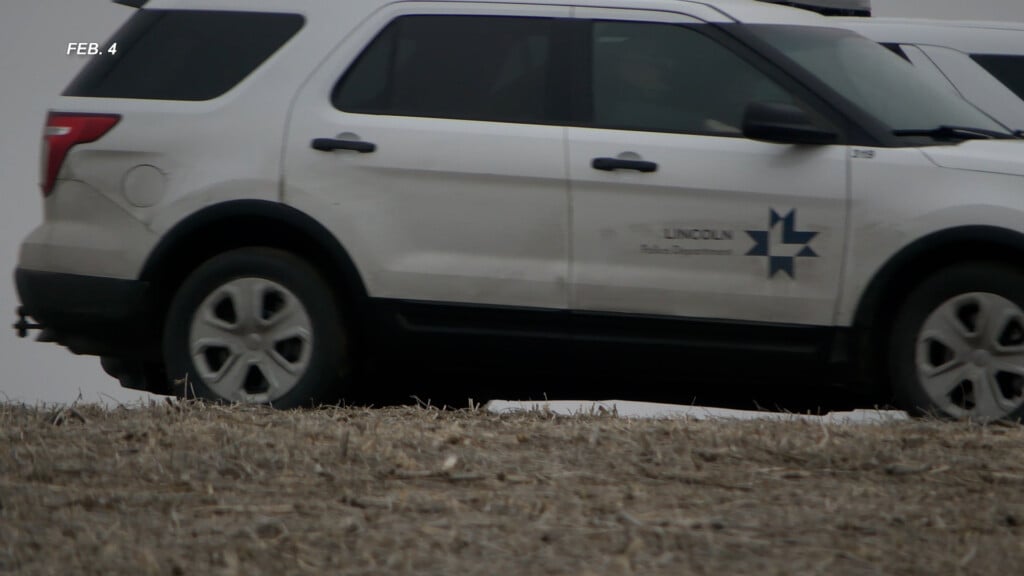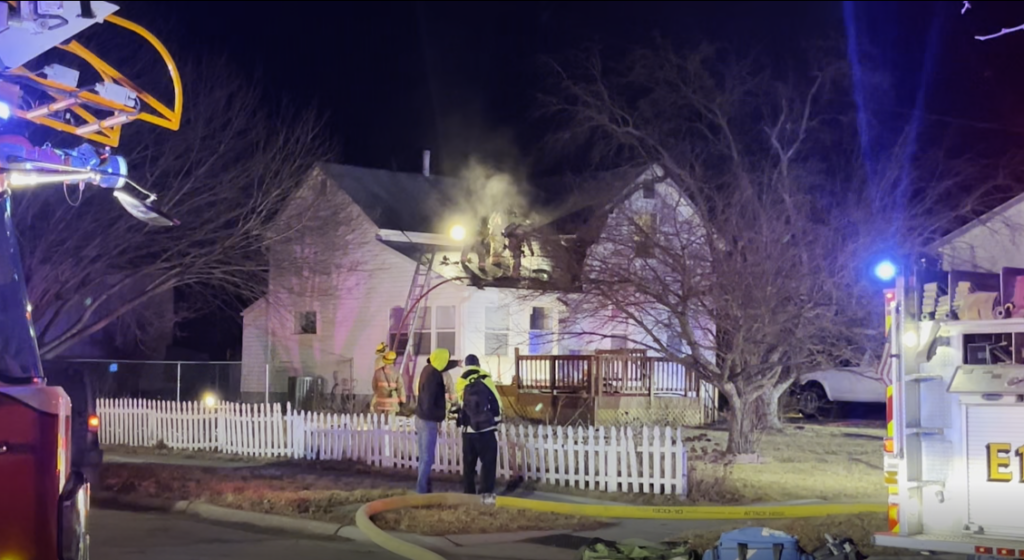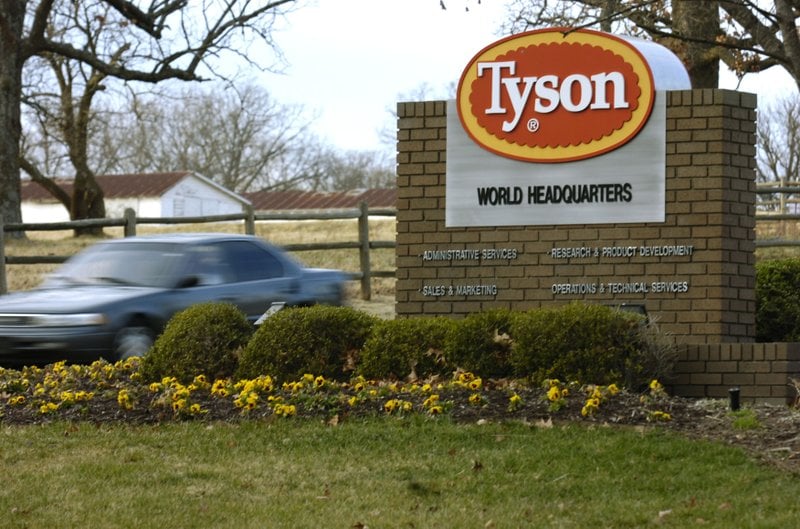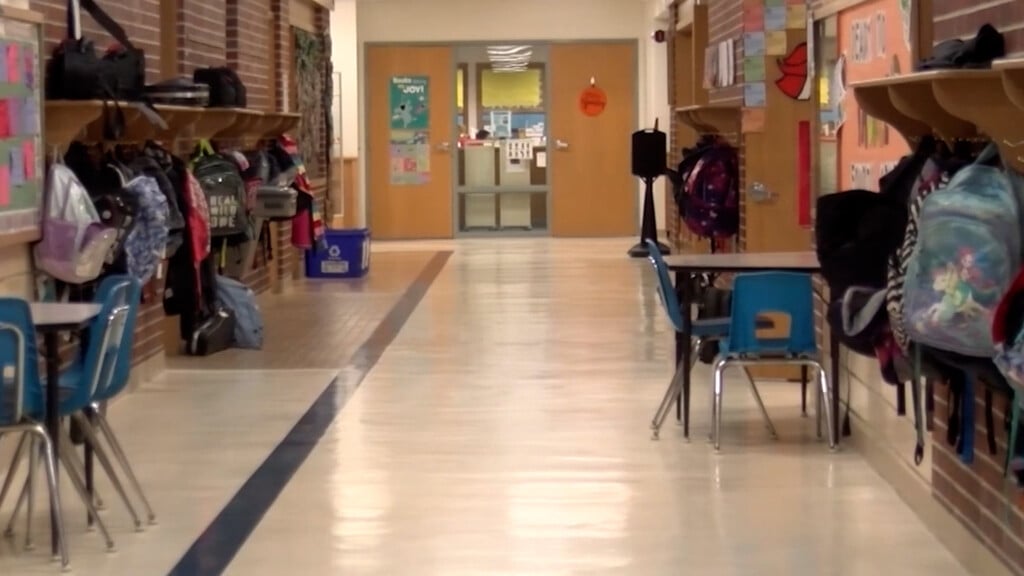‘Beyond comprehension’: Nebraska sues California over EV trucking mandate
LINCOLN, Neb. (KLKN) – Nebraska is charging ahead with lawsuits against California and the Environmental Protection Agency.
Attorney General Mike Hilgers said if the electric vehicle trucking mandates aren’t stopped, Nebraskans will pay the price.
California’s regulations require trucking companies doing business in their state to get rid of diesel trucks and switch over to zero-emission vehicles by 2035.
About 30% of U.S. imports arrive in California, according to Hilgers.
He said this rule will be far too costly for consumers.
“These things don’t have the same kind of range; they can’t take the same kind of payload capacity,” Hilgers said. “We know that those costs would flow through to customers. It would have a devastating impact on Nebraska businesses and Nebraska customers.”
The EPA is implementing strict emissions standards as well.
Nebraska is leading several states in the lawsuits, with 23 others joining in the EPA suit and 16 others supporting the effort against California.
Gov. Jim Pillen is backing the lawsuits.
“We feed the world, we save the planet,” Pillen said. “The ports up and down California — you’re going to tell us we can’t get our product to the ports? It’s beyond comprehension.”
Local trucking companies said a switch to electric trucks would be incredibly expensive.
The price of a zero-emission truck could be two to three times as much as a diesel one.
And drivers wouldn’t be able to go nearly as far without having to stop and recharge the battery.
Truck driver Craig Monroe said he would lose out on a good chunk of his paycheck.
“If I could only run 200 miles a day, I couldn’t do this job unless they pay me three times as much as they are,” he said.
Monroe typically drives for around eight or nine hours, covering about 600 miles. And when he has to refuel, it only takes a few minutes.
But with the current electric trucks, he said he would have to stop about every 250 miles and charge the truck for hours at a time.
Many involved in the lawsuits said they’re not opposed to lowering emissions, but they believe this is an unrealistic way to go about it.



